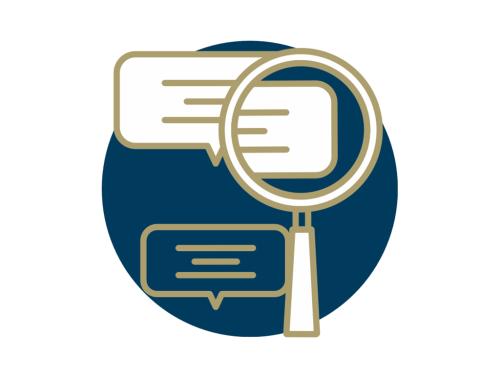Revising Waters of the United States
.


The GW Regulatory Studies Center scholars regularly conduct applied research to understand regulatory policy and practice from a public interest perspective. Our content often takes the form of public interest comments, formal testimony, working papers, policy insights, and short commentaries analyzing the most pressing issues in regulatory policy. View the rest of our material by the different types of publications listed on this page or our research areas.

Long-form publications intended for academic audiences that take a deep dive into a particular aspect of regulatory policy.

Scholarly analysis of the potential effects of particular rulemakings from federal agencies, and advice to Congress on how to improve the rulemaking process.

Short-form publications intended for all audiences which provide easy to access analysis of regulatory policy.

Formal publications, often completed with other leading organizations and individuals, providing a thorough understanding of regulations and the rulemaking process.

The weekly Regulation Digest contains everything you need to know about regulatory policy today, and our monthly Center Update gives you all of the latest from our team.
For accessible charts and supporting data that you can use in your own publications or presentations, visit the Reg Stats page.
In this rulemaking, the EPA and Army Corps are attempting to bring clarity to the muddy debate over the scope of federal regulatory jurisdiction under the CWA.
IRS's Qualified Business Income Deduction
Section 199A of the Tax Cuts and Jobs Act of 2017 reduced the maximum corporate income tax rate from 35 percent to 21 percent.
Wasted Energy: DOE’s Inaction on Efficiency Standards and Its Impact on Consumers and the Climate
Testimony in front of the House Energy and Commerce Committee.
The Shutdown's Rulemaking Ramifications
The length and partial nature of this shutdown set the stage for novel legal and practical issues for the regulatory process.
Consultation, Participation, and the Institutionalization of Governance Reform in China
This article examines the institutionalization—persistence, substantive development, and standardization of best procedures—of online consultation in China, a prominent instrument of governance reform in which government officials provide interested parties with opportunities to comment on draft laws and regulations over the Internet.
